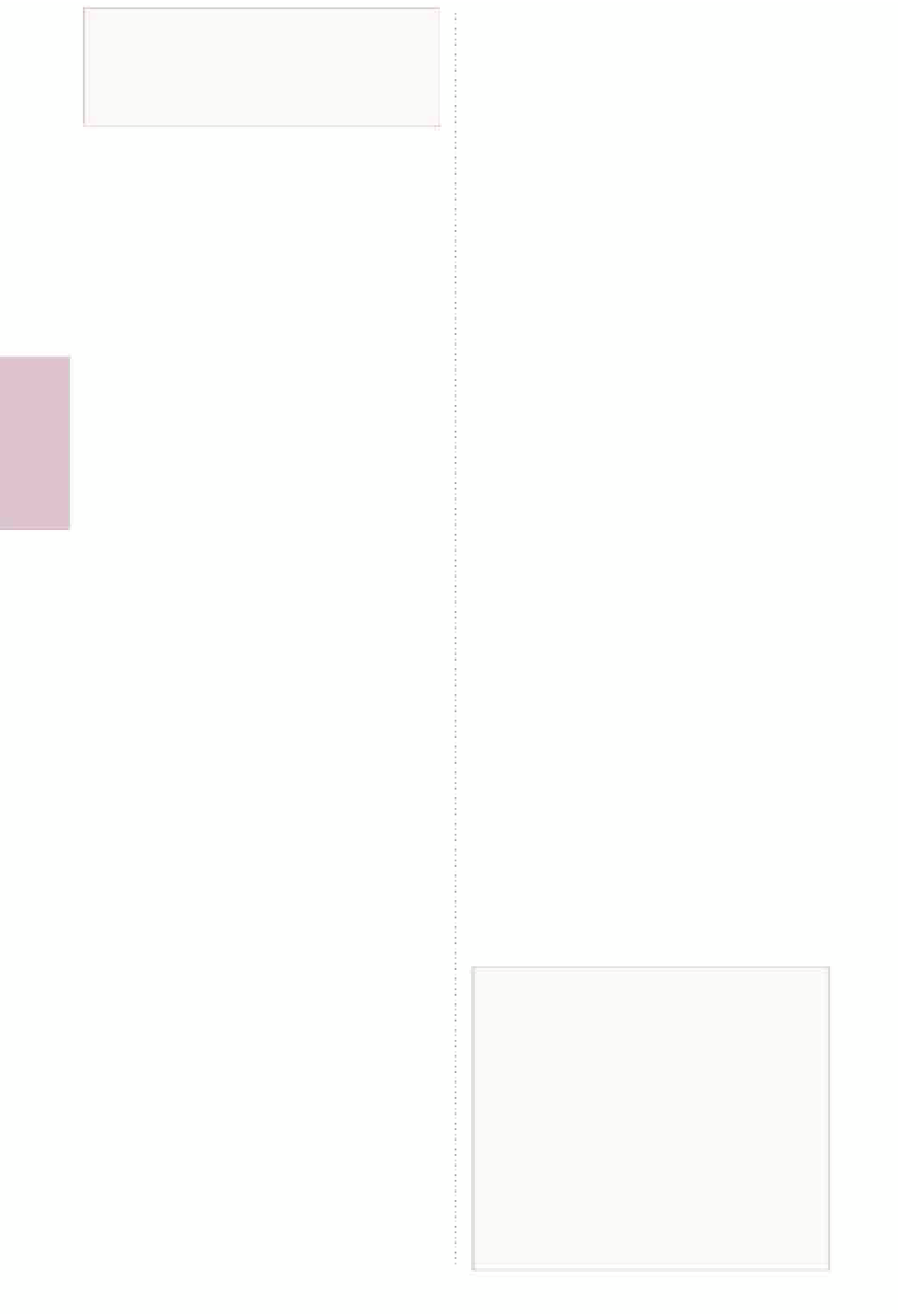Travel Reference
In-Depth Information
so bring those to change. Banks generally
offer good exchange rates, and it is never a
good idea to change money in the street as
scams are common. Note also that kyat
cannot be bought or sold overseas, so you
should change any leftover currency before
leaving the country.
Kyat are used to pay for food, bus
tickets, taxi journeys and items in
ordinary shops or markets, but
US dollars
must be used for government services
including train tickets and entrance to
some tourist attractions (although others
have switched to requiring kyat). here
are also some circumstances in which US
dollars are preferred but not required,
notably at hotels and guesthouses but also
in some tourist-oriented shops. In these
cases, prices are quoted in dollars, and if
payment is made in kyat then it is usually
at a poorer rate than you'd get in a bank
- typically K1000 to $1. It's a good idea
to bring plenty of low-denomination
dollar notes for these situations.
For many years, Myanmar had a
cash-only economy as far as tourists were
concerned. With a relaxing of international
sanctions, however, at the end of 2012
some
ATMs
- specifically those operated
by CB Bank and KBZ Bank - began to
accept overseas debit and credit cards, as
did a handful of hotels.
It looks like this trend will continue,
but at the time of writing it was still hard
to recommend arriving in Myanmar
without enough cash - in euros,
Singapore dollars or (preferably) US
dollars - to cover your entire trip. For
one thing, only kyat are available from
ATMs. For another, if your card doesn't
EMERGENCY NUMBERS
Police
T
199
Ambulance
T
192
Fire
T
191
are seriously ill then contact your
embassy for advice, and expect
international-quality care to be expensive
(and possibly to require payment up
front). As always, it is important to travel
with
insurance
covering medical care,
including emergency evacuation.
Minor injuries
and ailments can be
dealt with by pharmacists, particularly
in major tourist areas where they are
more likely to speak English. Pharmacists
offer many things over the counter
without prescription, although there
are serious issues with fake and out-of-
date medication.
7
INFORMATION AND MAPS
he best sources of
information
, besides
other travellers and some online
resources, are generally the staff at
guesthouses. he
state tourist o
ces
,
operated by Myanmar Travels & Tours
(MTT), are rarely very helpful, although
you will need to visit one if you want to
apply for a
permit
to travel to a restricted
area. hey also give out free copies of
maps
published by Design Printing
Services (
W
dpsmap.com). Outside of
Myanmar, you can buy a number of
maps of the country, including the
Reise Know How
1:1,500,000 and
Globetrotter
1:1,700,000 (the latter also
includes some city maps).
THE IMPORTANCE OF
PERFECT NOTES
It is essential that any
currency
which
you intend to change within Myanmar is
pristine, and that US dollars were issued in
2006 or later. Notes that are creased, torn
or marked in any way - however minor
- may not be accepted by banks, hotels or
any other outlets; if they do take them
then it is likely to be at a reduced rate.
Reject US dollar change unless it is in
perfect condition.
MONEY AND BANKS
Myanmar's
currency
is the kyat
(pronounced “chat”), usually abbreviated as
K, Ks or MMK. Notes are available in
denominations of K1, K5, K10, K20, K50,
K100, K200, K500, K1000, K5000 and
K10,000, although the lowest value you are
likely to encounter is the K50 note. At the
time of writing the exchange rate was
roughly K985 to $1, K1650 to £1, and
K1355 to €1; high-value notes (particularly
$100 bills) attract the best exchange rates,


































Search WWH ::

Custom Search